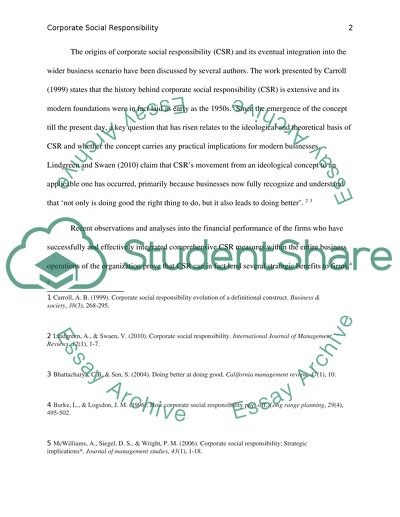Cite this document
(“Is coporate social responsibility just a new trend or is it the modern Essay”, n.d.)
Is coporate social responsibility just a new trend or is it the modern Essay. Retrieved from https://studentshare.org/law/1479189-is-coporate-social-responsibility-just-a-new-trend
Is coporate social responsibility just a new trend or is it the modern Essay. Retrieved from https://studentshare.org/law/1479189-is-coporate-social-responsibility-just-a-new-trend
(Is Coporate Social Responsibility Just a New Trend or Is It the Modern Essay)
Is Coporate Social Responsibility Just a New Trend or Is It the Modern Essay. https://studentshare.org/law/1479189-is-coporate-social-responsibility-just-a-new-trend.
Is Coporate Social Responsibility Just a New Trend or Is It the Modern Essay. https://studentshare.org/law/1479189-is-coporate-social-responsibility-just-a-new-trend.
“Is Coporate Social Responsibility Just a New Trend or Is It the Modern Essay”, n.d. https://studentshare.org/law/1479189-is-coporate-social-responsibility-just-a-new-trend.


